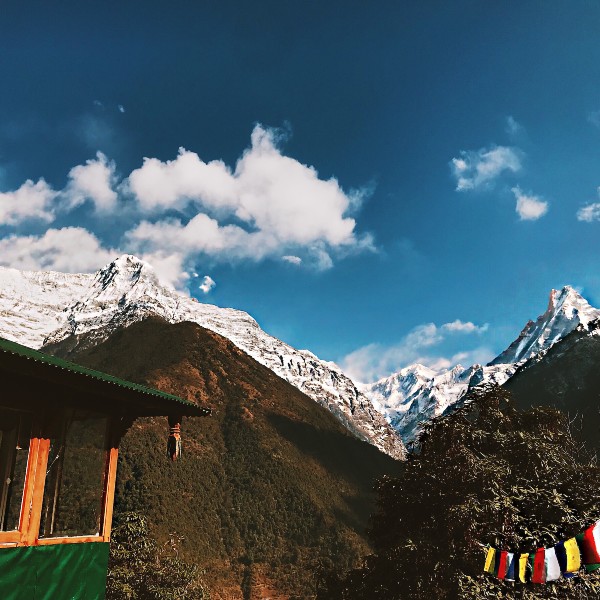
Our Mission and Values
Our mission statement espouses the values that we uphold as a major university with a "small college" feel—loyalty, integrity, compassion, curiosity, and a lifelong commitment to learning.

Miami University, established in 1809, is consistently ranked a best value public university with a four-year graduation rate that ranks No. 12 among all public universities and a post-graduation success rate of over 99%. As an original Public Ivy, Miami provides an Ivy League-quality education at a public school price. Miami is a place where ambitious students find their purpose and prepare for a lifetime of success.
Learn what drives us as an institution and what makes Miami so special.

Our mission statement espouses the values that we uphold as a major university with a "small college" feel—loyalty, integrity, compassion, curiosity, and a lifelong commitment to learning.

Life-changing, community-impacting education reaches across borders and cultures to inspire curiosity and innovation. At Miami, we work to cultivate respect, inclusiveness, and cultural competence by providing global educational opportunities to every student.

Along with the Board of Trustees, our University President sets the vision, direction, and priorities of the University, ensuring that all demonstrate a commitment to broad student accessibility and success. Meet them and the other administrators working tirelessly to ensure academic success and fiscal responsibility across all campuses.

Through partnerships and programming, Miami University has created pipelines to prepare students for career success. Programs such as:

With more than 240,000 high-achieving alumni, students gain access to an extensive and supportive community that opens doors globally and leads to amazing outcomes.

Whether you find yourself on our renowned Oxford campus or one of our impressive regional campuses, you will discover spaces, services, and support resources designed to spark creativity with modern amenities to create a welcoming and inclusive experience.
Learn more about Miami's current strategic plan identifying opportunities to strengthen Miami to better support its teaching, research, and service missions, MiamiTHRIVE. You can also take a look back at past strategic plans and initiatives.
Experiences that will set you apart from your peers and help you gain the skills that employers and graduate schools covet.
19k
undergraduate and graduate students study in Oxford
Miami University Data
12th
Among Public Universities in the United States for Four-Year Graduation Rate
Miami University Data
Top 35
Best Colleges for Future Leaders
Time
As the home base for hundreds of research programs and projects, Miami consistently attracts outside organizations seeking our expertise and specialized technical capabilities. Our numerous centers and institutes assist these organizations, as well as students and faculty, in establishing these partnerships — while facilitating research, consulting, and development.
The relationship between Miami University and the sovereign Miami Tribe of Oklahoma is more than a partnership. Over the past half-century, it has become an integral connection that illuminates our path toward a healthy future of inclusion and understanding.
Miami currently has relationships with more than 50 institutions abroad. Through these relationships, we are able to further facilitate global student and faculty exchange, joint and dual degree programs, collaborative research, e-learning, and other educational activities.
Through our partnerships, students of the following community colleges can transfer to Miami seamlessly with credits intact: Cincinnati State Technical and Community College, Columbus State Community College, Cuyahoga Community College, Sinclair Community College, and Stark State Community College.
Traditions bind us to this place and to one another. They are the foundations upon which memories — and an amazing future — are built. Learn about the icons that fuel lifelong memories.




